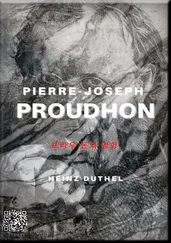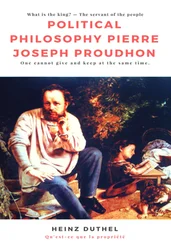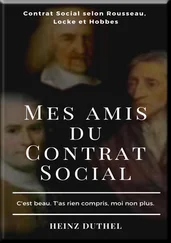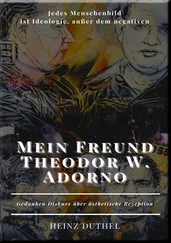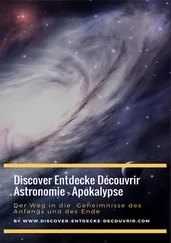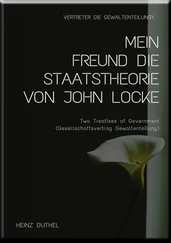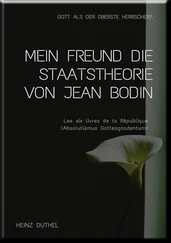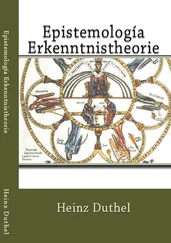Referencing and citations
I have used Endnote Plus 2.3® to manage references and form the bibliography in this Study. I have chosen to give original publication dates in citations, whilst publication dates for actual sources used are given in references. For example:
Durkheim, Émile (1938: 1977) L'evolution pedagogique en France, (also published in 1977 as The Evolution of Educational Thought. Lectures on the Formation and Development of Secondary Education in France, translated by Peter Collins, London, Routledge and Kegan Paul.
In most cases involving major translations – most notably the works of Pierre Bourdieu and Michel Foucault – I used the official English translations. In citations, I have used the original publication date, followed by the date of the English translation actually used. In this case, page numbers refer to the English translation. For example, [Bourdieu, 1979: 1984 #45, p 387] refers to page 387 of the English translation of:
Bourdieu, Pierre (1979: 1984) La Distinction. Critique sociale du jugement, (also published in 1984 as Distinction. A Social Critique of the Judgement of Taste, Translated by Richard Nice, published by Routledge and Kegan Paul, London)
In the case of the works of Karl Marx and Valdimir Lenin, I have where possible used the Collected Works published by Lawrence and Wishart, giving again in citations the dates of publication of the original manuscript rather than the (somewhat historically arbitrary) date of publication of the volume. For example:
Marx, Karl (1844) ‘Economic and Political Manuscripts of 1844’, Collected Works Volume 3, pps 229 – 346, published in 1977, London, Lawrence and Wishart.
I do this not to suggest that I have actually read the original in whatever language the author wrote, but rather to be truer to a sense of history. It may seem a little perverse to some, but surely not as perverse as citing (Foucault 1990), (Durkheim 1977) or (Marx 1975). If only I could! There will of course be deviations from this specifically in the works of Lev Vygotsky, where original dates seem hard to come by.
The issue of citations is not a trivial matter in a work such as this. I cite other authors to show some affinity or disagreement with their work, and in addition to locate myself into the community of scholars by identifying whose work I have sought to develop. In carrying out work of this type, one inevitably comes across work cited by other authors. Where the work seemed important in substance, I have gone back to the original source and cited the original author. For example in Graham Hitchcock and David Hughes’ book Research and the Teacher. A Qualitative Introduction to School-based Research, [Hitchcock, 1989 #598] I came across reference to Claus Moser and Graham Kalton’s book, Survey Methods in Social Investigation [Moser, 1983 #590] in which they referred to three aspects necessary for successful interviewing. However, on referring to Moser and Kalton, I found that they in turn had drawn on Charles Cannell and Robert Kahn’s chapter, ‘Interviewing’, in Gardner Lindzey and Elliot Aronson’s edited book Handbook of Social Psychology. Volume 2 – Research Methods, [Cannell, 1954, 1968 #603]. In this case, I went back to Cannell and Kahn’s book, which seemed to be the substantive work, and which had only been drawn on rather than developed in the subsequent texts.
On the other hand, a chapter by Stephen Lerman, ‘Culturally Situated Knowledge and the Problem of Transfer in the Learning of Mathematics’, in Leone Burton’s Learning Mathematics: From Hierarchies to Networks, referred to a book by Leslie Smith, Necessary Knowledge. Piagetian Perspectives on Constructivism in which a claim was made that Piaget had recognised the importance of the social dimension in learning. In referring to Smith, I found he referred in turn to citations from Jean Piaget. In this case I did not read the original Piaget – and made this clear in the text. My main reason was that in this particular case it did not seem important whether or not Piaget has actually said something or not, what was significant was how I interpreted the claim being made – that the social dimension was restricted to social interaction.
Throughout this Study, I refer to other authors by the use of both first name and surname. I do this deliberately out of respect, and a desire to feel that I am working within a community. I recognise that it runs counter to academic tradition, and apologise to those readers who may find it tedious.
The context of this Study
I am submitting this Study under the regulations appertaining to FLAEPA Academy Barcelona and hence, this Study is part of the central core of my work as an a scholar. There are no word limits – as indeed there would not be had I decided to apply for Master in Philosophy by published works, a route open to all Students. I outline my rationale for the length of this Study in more detail in the text – particularly in Chapter 1 by referring to my inclusion of a justificatory framework embedded within this Study. I have striven for clarity in expression and identification in key themes and concepts. In addition I have ‘shown my workings out’ in several places in this Study by giving some account of my journey to make sense of the theory and the data.
Chapter 1 - Setting the Scene
Synopsis of Chapter 1
In this chapter, I set the scene for the rest of the Study. Opening with a quote from Antonio Gramsci, I give you an opportunity to read some indication of how I see myself. You will of course make your own mind up, but the least I can do is to try, as honestly as I can, to give you some biographical background. I hope you will let me hold your hand as I take you on the journey I am making and let me be your guide. First, I want to encourage you to trust me by trying to indicate what drives me to undertake the journey. Second, I give you some sense of why I feel the journey needs making at all. Lastly, I give you a map of the journey we are about to make. I had just written an early draft of this chapter when I watched a BBC TV programme called “Grammar School boys” where several ‘celebrities’ recounted their experiences on passing the 11+ and going to the Grammar School. I was quite astonished at the similarities between my own experiences and some of the stories that were told in that programme. Surprise, joy, disappointment, segregation were all emotions that figured highly.
I have chosen to focus here on my formative early years for two main reasons. First because a central feature of the (social) theoretical approach I take underlines the importance of the influence one’s parents and early socialisation has on subsequent development and trajectory. Second, it helps to give an alternative view to the official view of educators and teachers. It was in my easily years that the basis for my research questions began their process of sedimentation.
Because narrative and personal stories are easy to read, this might be the chapter you enjoy reading most - if only out of prurient inclinations. Do bear in mind, it holds the seed of the start of a journey, and for that reason is intellectually demanding.
1.1. Introduction to Me
The first important task in studying the intellectual contribution of a writer is the reconstruction of the author’s biography, not only as regards his practical activity, but also and above all as regards his intellectual activity
[Gramsci, 1971 #282, p 382 – 383]
1.2. Background to the Study
Any description of classroom activity that cannot be related to the social structure and culture of the society is a conservative description.
[Walker, 1970 #476, p 143]
To explain any educational process we must have a conceptual apparatus that relates the economic and social structure of society to the teaching process.
Читать дальше


